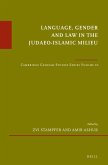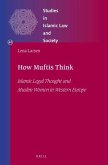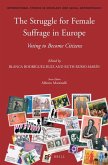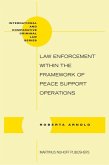This book expands the inquiry of United Nations peace operations to incorporate their effects on the equality of the host state. To achieve this, a mainstream-based analytical framework, additionally informed by suggestions from feminist research, is formulated and applied to the case of Timor-Leste. The study makes two contributions. Firstly, it enhances our ability to trace changes in the power balance between men and women by developing the concept of gender power-relations, especially introducing security equality (understood as the distribution of protection between men and women). Secondly, when the concept of gender power-relations had been developed to enable a more fine-grained analysis, the project proceeds to systematically explore effects of peace operations on these power-relations in the host state. The results shows the importance of considering the differences in situation of men and women in order both to avoid doing harm and to obtain a more equal peace.
Hinweis: Dieser Artikel kann nur an eine deutsche Lieferadresse ausgeliefert werden.
Hinweis: Dieser Artikel kann nur an eine deutsche Lieferadresse ausgeliefert werden.








